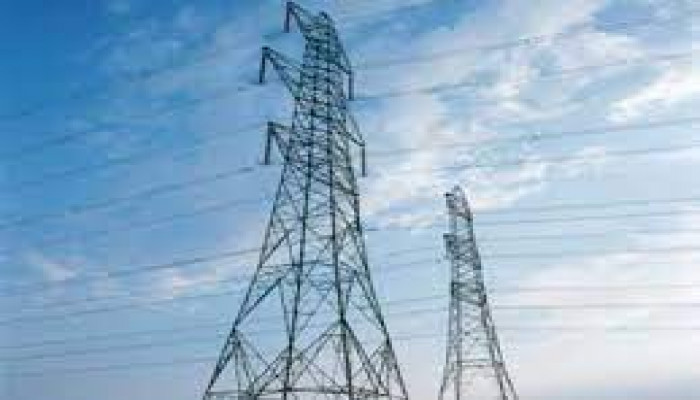Bhutan gearing up to import electricity from India
- In Reports
- 10:35 PM, Sep 28, 2023
- Myind Staff
From December 2023 to April 2024, Bhutan is gearing up to import electricity from India for an extended period of approximately five months. The anticipated increase in imports is caused due to the growing domestic demand for power, which has been steadily witnessing a rise over the past years.
Earlier, the Druk Green Power Corporation (DGPC) imported electricity for a period of only three months. However, DGPC due to the rise in demand imported electricity for four months in 2022.
The DGPC from December 2022 to March 2023 imported a total of 367.17 million units of electricity, which incurred a cost of approximately Nu 1.75 billion.
A new report by the Department of Energy, Bhutan Power Corporation, Bhutan Power System Operator, and DGPC has tracked down the need to import energy for 5 months during the 2023-2024 period.
This requirement for energy is attributed to an expected substantial rise in domestic demand, notably from high-voltage consumers coming online. A senior official from the power sector said that Bhutan anticipates importing over 1,500 million units of electricity during these five months.
The official further said, "Depending on the price of electricity on the Indian Energy Exchanges, the cost of import is estimated to exceed INR 6 billion." Throughout this five-month period, electricity imports are projected to peak at times, reaching more than 800 MW.
Though, generation witnesses a decline during the dry winter months from November to April, yet Bhutan's hydropower projects experience seasonality, with maximum generation occurring during the monsoon months from May to October.
Presently, during the lean period, generation capacity remains around 400 to 450 MW, while peak demand has reached over 750 MW and still continues to be on the rise. Power officials have indicated that this trend of requiring to import power during the winter months is expected to continue for at least the next seven to eight years.
As the import rates are higher than the export rates, Bhutan can strategically plan to reduce the import bill by generating more energy. It can be achieved by releasing water from reserves during the lean period, The Bhutan Live reported.
In order to address this ongoing challenge, Bhutan's energy sector is making efforts to diversify its energy supply options, the report said. Notably, solar power is emerging as a cost-effective solution to supplement some of the winter deficits, with plans to install approximately 500 MW of solar generation capacity over the next few years.
As Bhutan continues to face winter electricity shortfall, the country remains committed to exploring innovative solutions to ensure a steady and reliable power supply for people.
Image Source: Economic Times







Comments